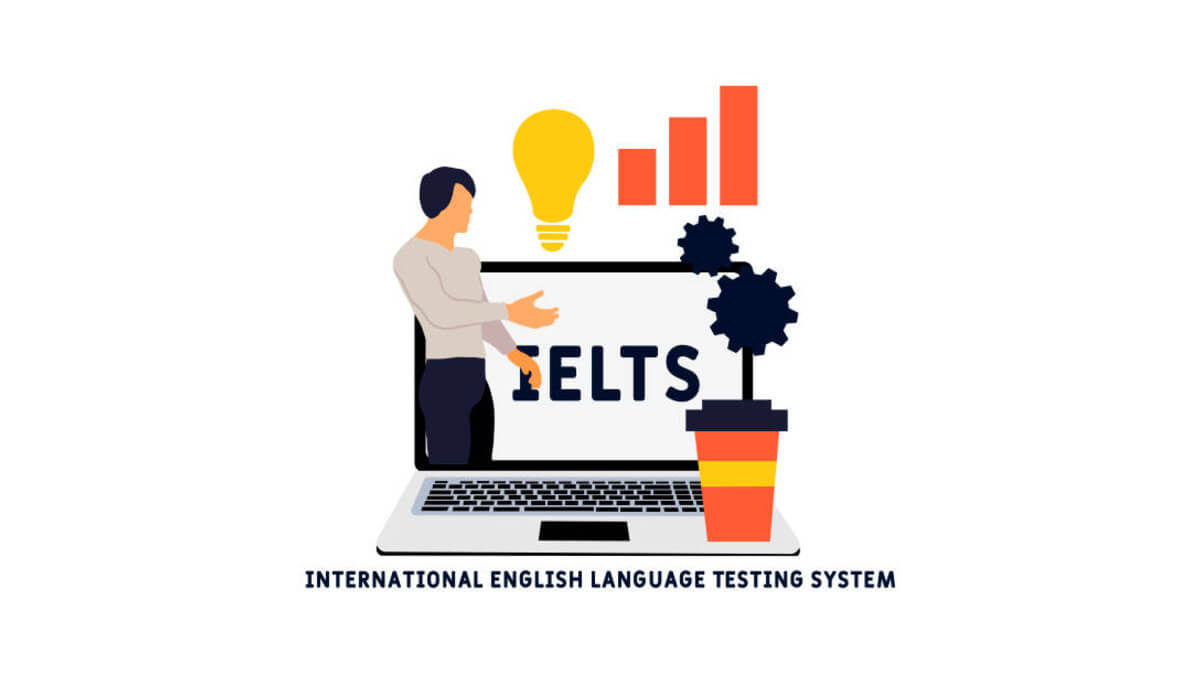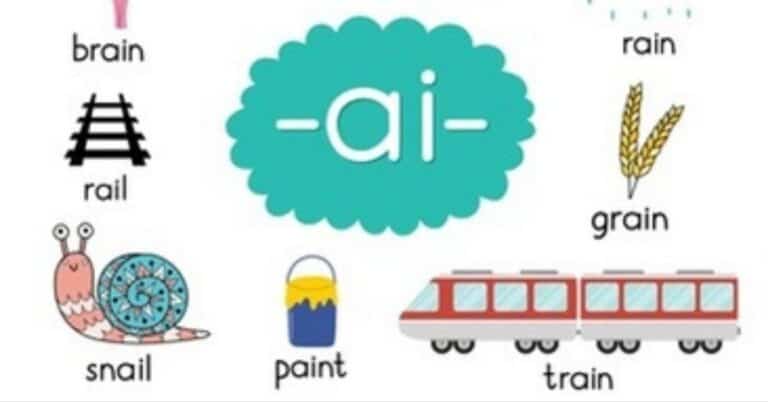IELTS: All You Need to Know
Regardless of whether you have heard the acronym IELTS before or not, I would like to welcome you to this blog post. The world revolves around information. Likewise, ignorance is inevitable when you lack the necessary knowledge.
The details we have provided for you here will pique your interest or broaden your understanding of the IELTS.
Advertisement
We will examine key details about the well-known IELTS exam. Those who want to study or immigrate overseas should read this page.
Also, check out IELTS Score and Scoring System.
What is IELTS?
English speakers with their first language being another language can also take the IELTS (International English Language Testing System), which is primarily intended for non-native speakers.
The test is meant to assess the candidate’s level of proficiency with the English language. Acing the test demonstrates your command of the English language, i.e., your ability to write and speak clearly in it.
Advertisement
IELTS is frequently employed as a prerequisite for foreign students who wish to attend colleges in English-speaking nations, as well as for people who want to move to or work in nations where English is the main language. Professional groups also utilize it to evaluate the language skills of their members.
The IELTS test measures a person’s ability in four key areas: reading, writing, listening, and speaking. The scores are assigned on a scale of 0-9, with 9 being the highest possible score.
Why do people take IELTS?
People take IELTS for one or more reasons highlighted below.
Academic purpose
The academic purpose is one of the most prevalent motives. IELTS testing may be necessary if you want to further your education in an English-speaking nation. Universities and Colleges utilize IELTS as a criterion to assess how well students will communicate in English in academic contexts.
Professional objectives
Employers frequently utilize the IELTS exam to gauge applicants’ level of proficiency in the English language. For licensing or registration purposes, certain occupations in some countries call for a minimum IELTS score.
Purposes of Immigration
IELTS testing may be necessary as a part of the immigration procedure for people who want to move to an English-speaking nation. The examination can assist immigration authorities in determining a person’s proficiency in understanding and speaking English, which is important for integrating into the new country.
Personal development
One of the ways you can test your effectiveness in the English language is by taking the IELTS test. You will get a view of your strengths and weaknesses in the language when you take one.
Also, check out How to Ace IELTS Speaking Test.
Countries that accept IELTS
Here is a list of popular countries that accept IELTS for different purposes as the case may be.
- Australia
- Canada
- New Zealand
- United Kingdom
- United States
- Ireland
- Germany
- France
- Spain
- Italy
- Switzerland
- Singapore
- Hong Kong
- Japan
- South Korea
- Malaysia
- India
- Philippines
- Thailand
- United Arab Emirates
- Saudi Arabia
- Qatar
- Oman
However, this is not the ultimate list as other countries make use of IELTS test results as a criterion.
Documents needed to register ielts
To register for IELTS, you need certain documents for the process. Here are some of the requirements:
Valid identification
You will need to provide a valid passport or national identity card. Make sure your identification document is not expired.
Payment method
You will need to provide a valid credit or debit card or other accepted forms of payment to pay for the exam fees. The fees vary depending on the country and the test center.
Personal Information
You will need to provide your contact information, such as your full name, address, phone number, and email address.
In your registration process, you have the privilege of choosing the date and location of the test center where you want to take the exam.
Some test centers may require additional documents or information, so be sure to check with the test center where you plan to take the IELTS exam. You can usually register online or in person at the test center, depending on the options available in your country or region.
Also, check out How to Pass IELTS Writing Test.
How much is needed to register for IELTS in Nigeria
The cost of registering for the IELTS (International English Language Testing System) exam in Nigeria varies depending on the test center and the type of test you want to take.
- IELTS Academic or General Training (paper-based): NGN 89,000
- IELTS Academic or General Training (computer-delivered): NGN 89,000
- IELTS for UK Visas and Immigration (UKVI): NGN 116,000
- IELTS Life Skills: NGN 73,000
It is noteworthy to know that these fees vary from place to place owing to several factors. Additionally, some test centers may charge additional fees for late registration, rescheduling, or score reporting services.
So it’s a good idea to check with the test center where you plan to take the exam for the most up-to-date fees.
Validity of the IELTS result
The validity of the IELTS (International English Language Testing System) result depends on the organization or institution that requires the test. The IELTS test result is valid for two years from the test date.
For example, if you took the IELTS exam on March 17, 2023, your test result will be valid until March 16, 2025. If you want to use your IELTS score for immigration purposes, university admission, or professional registration, you will need to submit your test result within the validity period.
However, institutions or work organizations have the liberty to make their own rules. For instance, some universities or professional organizations may only accept test results that are less than one year old.
Therefore, it is always a good idea to check with the organization or institution where you plan to use your IELTS score to confirm their requirements regarding the validity period of the test result
When is IELTS released?
The release date for IELTS results depends on the test administration date and the test center where you took the exam.
Generally, results are available online 13 calendar days after the test date for the computer-delivered test and 13 days after the last test day for the paper-based test.
However, it’s important to note that in some cases, it may take longer than the usual time for results to be released due to factors such as technical difficulties or administrative issues.
To know the exact release date for your IELTS result, you can check with your test center or refer to your test confirmation email for more information.
Conclusion
IELTS is a popular examination required when you wish to study, work, or immigrate to an English-speaking country.
The test helps assess your ability to read, speak, write, and listen to the English Language effectively. Going through the post will give you an insight into what is required to apply for one.
Before you go, check out How to Pass IELTS Listening Test.







One Comment
Comments are closed.